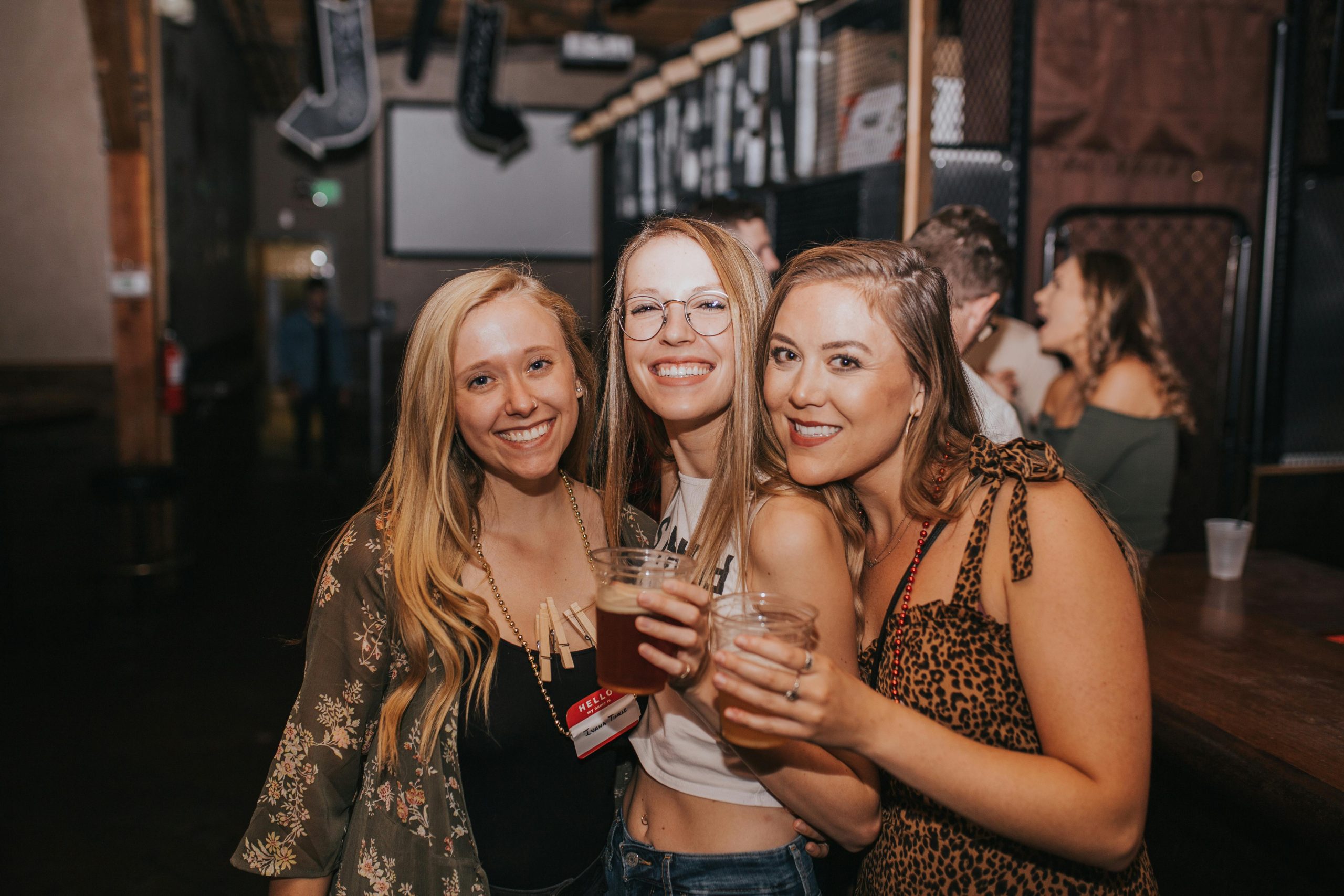Your cart is currently empty!

Steven Coulson
Steven has been drinking beers, wines and spirits for decades and has a propensity to go about them at length after a few drinks.
Latest Posts
- My wife found out our favorite Gin for martinis was discontinued. I think we are good for a while…

- Oregon Road Trip: Freeland Spirits Garden Botanicals Gin

- Botanist with Trader Joe’s Lemon and Elderflower Soda

- I’m one of the worlds leading buyers of craft gin in the world and a international spirit judge AMA

- I’m blown away…. By how let down I am by this Gin.

Categories
Tags
Social Links

The Psychoactive Potential of Hops: A Deep Dive
In the world of craft brewing, one conversation that often surfaces is the role of hops and their effects on the body and mind. While some may dismiss the idea of hops being psychoactive, I firmly believe there’s more to the story—especially when it comes to specific beer styles like IPAs.
A few weeks back, I shared my observations regarding my experience with different India Pale Ales (IPAs). Surprisingly, I found that IPAs with exceptionally high International Bitterness Units (IBUs) seemed to have a more profound effect on me compared to those with a more traditional hop profile. The feedback I received was mixed; some agreed with my findings, while others pointed to the higher alcohol content as the primary influence on my experience.
To explore this further, I conducted a little experiment. I compared “cold” IPAs, which utilize minimal hops but boast a similar alcohol by volume (ABV) to West Coast IPAs, with Imperial IPAs, known for their high ABV yet relatively low hop content. To my surprise, neither of these styles induced the same level of enjoyment that I experience with a classic West Coast IPA, which often features a lower ABV.
What’s intriguing is the unique sensation I experience from hoppy beers; it feels distinctly different from a regular alcohol buzz. Instead of the typical feeling of inebriation, I find myself uplifted and energized, suggesting that hops might indeed have psychoactive properties under specific conditions. Could it be that the fermentation process enhances their bioavailability? Or perhaps the alcohol itself interacts with hop compounds, allowing them to cross the blood-brain barrier more effectively?
I want to make it clear that I don’t suffer from a hops sensitivity—my experiences with hoppy ales evoke feelings of euphoria rather than the discomfort typically associated with sensitivities. There are no adverse reactions like hives or itching; just pure bliss.
This leads to a thought-provoking question: Why have hops become a staple in brewing for centuries? Historically, beer wasn’t always brewed with hops, but once their benefits were discovered, brewers around the world embraced them wholeheartedly. There must be compelling reasons behind this widespread preference.
As we delve deeper into the world of hops, it’s essential to consider their potential beyond just flavor and bitterness. The relationship between hops and our psyche merits further exploration, and perhaps it can help us better understand this beloved ingredient in the world of craft beer. If
